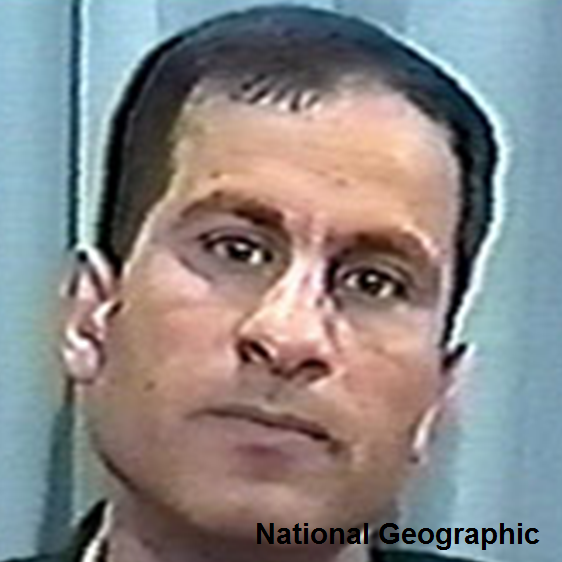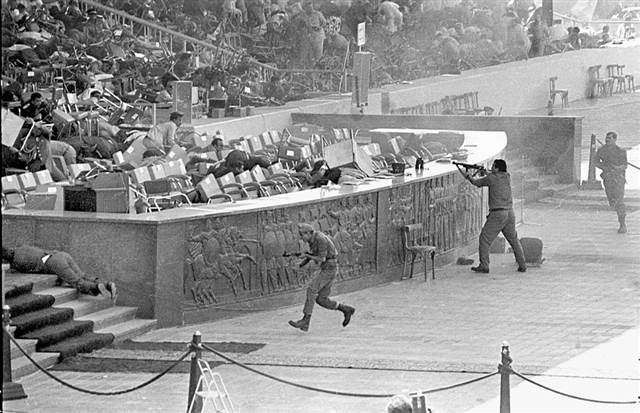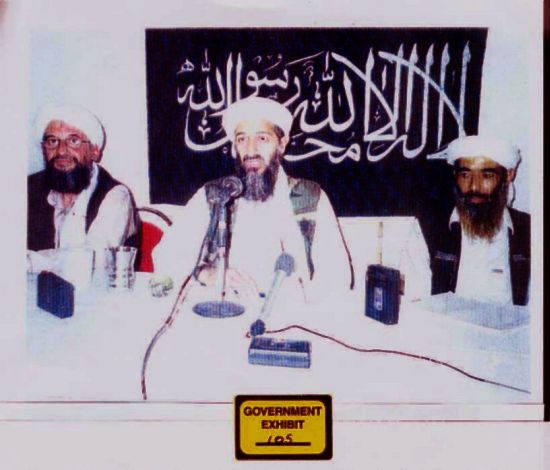
Ali Mohammed pleads guilty. Surely one of the strangest sub-plots of 9/11.
Mohammed was the only al Qaeda operative known to have successfully infiltrated the U.S. military and intelligence community before 9/11. Along the way, he was an Egyptian Army officer who learned to speak English and Hebrew, attended foreign officer training at Ft. Bragg, was recruited by the CIA, joined Egyptian Islamic Jihad (EIJ) led by Ayman al-Zawahiri, was dropped by the CIA, entered the U.S. despite being on a watchlist and again was engaged by the CIA, married an American woman and moved to California, enlisted in the U.S. Army, joined special forces back at Ft. Bragg, taught Middle East and radicalism courses to the Army, took leave to go and fight in Afghanistan, returned to the Army and secretly trained radicals in New York who were later implicated for the November 1990 assassination of Rabbi Meir Kahane, wrote the al Qaeda training manual “Military Studies in the Jihad Against the Tyrants,” got an honorable discharge from the Army (after all that), joined the Army Reserve, continued work for al Qaeda from his home in Santa Clara, California, became an informant to the FBI, helped Osama bin Laden leave Afghanistan in 1991, worked to settle bin Laden in Sudan, trained al Qaeda recruits, returned to Afghanistan to provide explosives and tradecraft training, helped to set up the al Qaeda cell in Kenya that would blow up the Embassy in 1998, hosted Zawahiri on a fundraising tour of American mosques, continued to work for the FBI, provided Army intelligence with information on camps in Afghanistan, fought with fighters loyal to Farah Aideed in Somalia, scouted targets for bin Laden in Kenya and Tanzania, helped bin Laden move back to Afghanistan, was secretly arrested after the African embassy bombings, and becomes an informant (again) for the government.
In October 2000, Mohamed entered a guilty plea on five counts of conspiracy. Thereafter in custody, Ali Mohammed’s life was a bit of a mystery, supposedly never sentenced and after 9/11, again a source for the CIA and FBI.

